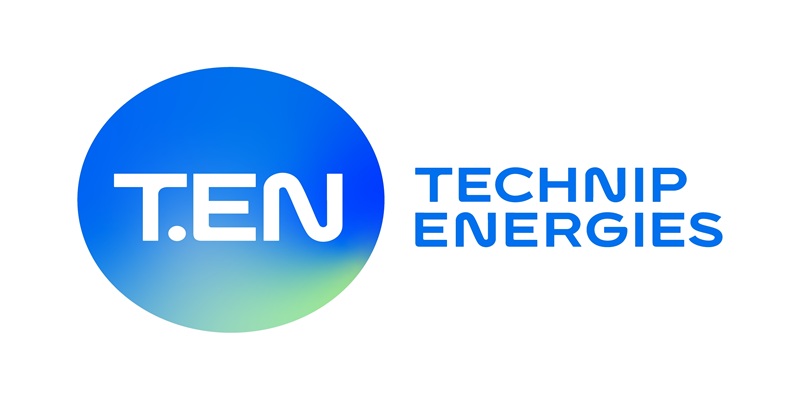Schedule a Call Back
Dr VK Saraswat: Indian production system should be design-oriented
 Industry News
Industry News- Apr 15,21
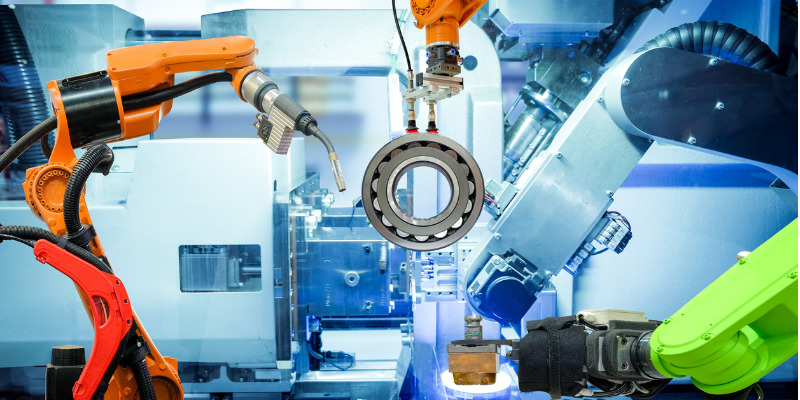
Dr V K Saraswat, Member, NITI Aayog recently said that there is a need to push the Make in India and Atmanirbhar Bharat programs in the Indian manufacturing ecosystem. "A service-based economy is prone to market risks and manufacturing is going to facilitate a stronger and stable growth. Atmanirbharta calls for high reliance on imports that limits our holistic growth, hence we need to have more indigenous production," he added.
Addressing the virtual 'FICCI-UNIDO Dialogue on Swachh Udyog- Manufacturing Excellence in India', Dr Saraswat said that Make in India through Industry 4.0 is an important transition in the manufacturing sector that will bring new technologies, new operations, and will impact all sectors. This will bring competitiveness, Atmanirbharta, and make our manufacturing sector a bigger contributor to the GDP, he added.
Dr Saraswat, while highlighting the manufacturing vision of 2030, said that we will see factories that are green and sustainable. Factories should be in areas that are closer to both the workers and the customers. The Indian production system should be design-oriented, he added.
Further on, he said that our Industry 4.0 must be a human and process-oriented simulation and digitalization to ensure a major role for the workers. The 6-R approach in the manufacturing sector includes re-manufacture, redesign, recover, recycle, re-use and reduce and is what we want to achieve by 2030-35, added Dr Saraswat.
He further stated that R&D plays a crucial role in manufacturing and there is a need for smart manufacturing R&D centres to showcase new technologies so that industries can use them to grow further. "This will also help in proving Atmanirbharta in these areas and we will not be dependent on importing these technologies," he said.
Addressing the introductory session, Alka Arora, Joint Secretary, Ministry of MSME said that manufacturing is the future of the world. "We all know that manufacturing is not at the level at which we have would have wanted it to be. COVID-19 posed a challenge to the MSMEs to get up and start working on chapters that will take them to the next level. There are challenges, apart from the financial ones that MSMEs need to overcome."
Arora said that the change in the definition of MSMEs gives an opportunity to MSMEs to play a role in the global market. "We need to be a part of the global value chain. We are also working to make India an export hub. We will shortly be coming up with a Global MSME Intelligence System to aid MSMEs towards this effect," she added.
Shyam Bang, Chairman, FICCI Taskforce on Manufacturing Excellence said that profit is not an indicator of excellence, therefore manufacturing excellence initiatives are essential to increase competitiveness.
Suresh Khandelia, Co-Chairman, FICCI Committee on Textiles and Technical Textiles & Advisor to Executive Chairman, Sutlej Textiles, and Industries Ltd. said, "A dialogue like this is important to spread the awareness about how technologies around the globe are shaping the manufacturing space to achieve excellence. Indian industry, including MSMEs, have been adopting Industry 4.0 technologies," he said.
Rene Van Berkel, UNIDO Representative, Regional Office in India said that there is a dependence on the contribution of clusters of manufacturing MSMEs in India and there is a need to make the factories effective, efficient, and mature.
The FICCI-EFESO Consulting (India) Survey on Manufacturing Excellence was also released during the event.
Related Stories

Garuda Aerospace Inaugurates Drone Battery Facility with DGCA Chief
Garuda Aerospace has inaugurated a drone battery manufacturing facility and a new academic block in Chennai, reinforcing its commitment to building a self-reliant and indigenous drone ecosystem in I..
Read more
INOX Air Products Flags off India’s First PESO-approved LNG Cryogenic Tanker
INOX Air Products has launched India’s first PESO-approved LNG-fuelled cryogenic tanker, enabled by a DPIIT rule amendment and designed to reduce emissions while advancing sustainable industrial l..
Read more
Waaree Energy Storage Raises Rs 10.03 Billion to Advance 20 GWh Battery Plant
Waaree Energy Storage Solutions has secured Rs 10.03 better in funding to advance its planned 20 GWh lithium-ion cell and battery pack manufacturing facility in India.
Read moreRelated Products
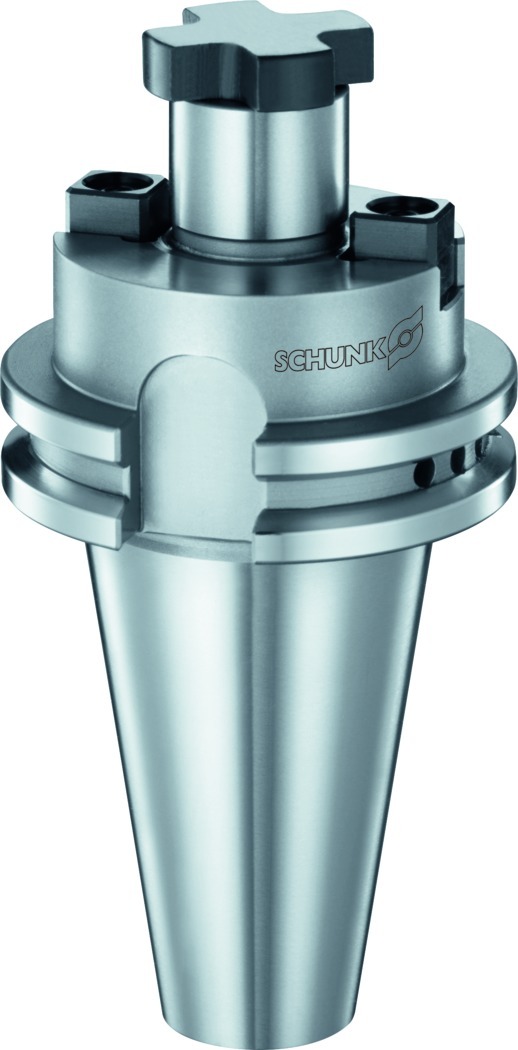
Face Mill Arbors
Schunk Intec India Pvt Ltd offers a wide range of face
mill arbors.
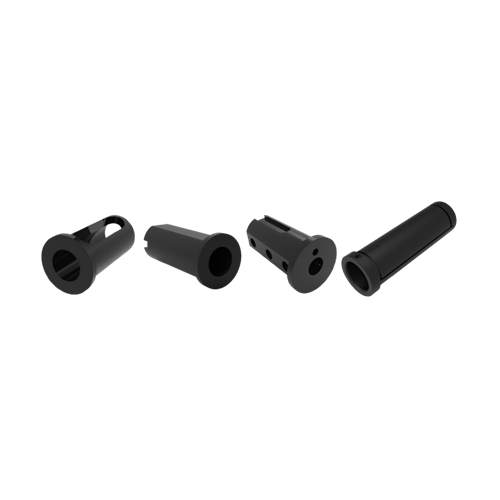
Reduction Sleeves
Prominent Machine Tools offers a wide range of reduction sleeves.
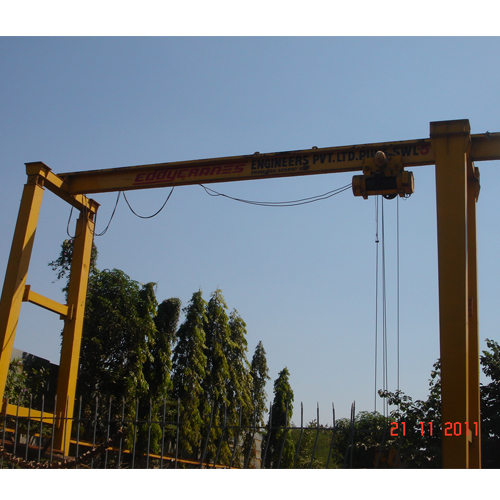
Gantry Goliath Cranes
Eddycranes Engineers (P) Ltd offers a wide range of gantry goliath cranes.






